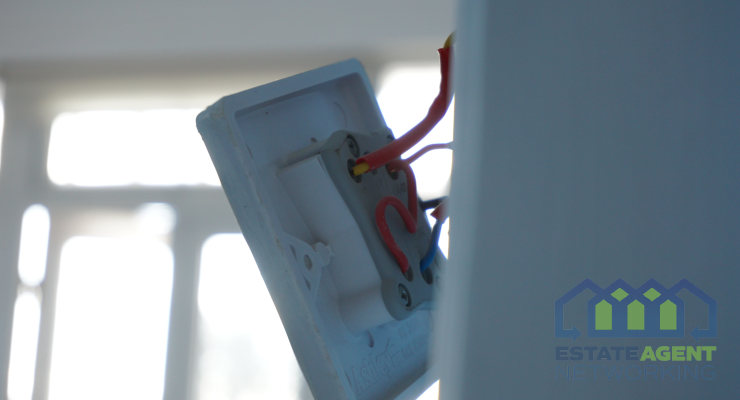When Property Neglect Turns Into a Legal Issue
For many tenants, renting is a practical way to secure a home without the responsibilities of ownership. However, renting should not mean tolerating poor living conditions. When landlords fail to maintain their properties, what begins as neglect can quickly escalate into a legal issue. From leaking roofs to persistent damp, tenants have the right to live in safe and habitable homes. Where landlords fail in their duties, tenants may be entitled to seek legal redress.
The Line Between Inconvenience and Unlawful Neglect
Minor inconveniences, such as a dripping tap or a door that sticks, may be frustrating but do not necessarily amount to disrepair. However, issues like faulty heating, unsafe wiring, or infestations go beyond mere annoyance. These kinds of problems threaten the safety, health, and wellbeing of tenants, which is why the law places clear obligations on landlords.
Neglect becomes a legal matter when a landlord ignores repeated requests to address significant disrepair, leaving tenants to suffer the consequences. In such cases, tenants are not only entitled to repairs but may also be eligible for compensation.
Landlord Responsibilities
Under the Landlord and Tenant Act 1985 and subsequent legislation, landlords are legally obliged to:
- Maintain the structure and exterior of the property.
- Ensure heating and hot water installations are in working order.
- Keep gas, electricity, and water systems safe and functional.
- Address issues that could cause serious harm, such as damp, mould, or unsafe flooring.
These responsibilities cannot be waived, even if a tenancy agreement suggests otherwise. Landlords must take reasonable steps to keep their properties fit for habitation.
The Consequences of Disrepair
Living with unresolved disrepair can be exhausting and distressing. For example, damp and mould can trigger respiratory illnesses, while faulty electrics pose fire hazards. Families may find their daily lives disrupted, with children’s health and schooling particularly affected. Tenants should not have to endure these conditions while continuing to pay rent in full.
The law recognises the seriousness of these issues. Taking action ensures repairs are carried out and may also allow tenants to recover compensation for inconvenience, discomfort, and any health impacts caused.
Why Tenants Should Act
Some tenants worry that taking action against their landlord could put their tenancy at risk. In reality, the law provides protection against unfair eviction or harassment when a tenant raises legitimate repair concerns. By documenting issues and seeking legal advice, tenants can take firm and lawful steps to protect their rights.
A key part of this process is evidence. Tenants should keep records of all correspondence with their landlord, photographs of disrepair, and details of how the problems are affecting daily life. These details strengthen any potential claim and help ensure a fair outcome.
How Solicitors Can Help
Specialist solicitors in housing disrepair provide vital support to tenants who may otherwise feel powerless. From assessing whether a landlord has breached their obligations, to guiding tenants through the claims process, legal professionals ensure landlords are held accountable.
If you are living in unsafe or poorly maintained accommodation, pursuing Housing Disrepair Claims with the support of an experienced solicitor can make all the difference. A trusted firm like SDS Solicitors supports clients across England, helping tenants secure vital repairs and compensation on a No Win, No Fee basis. With expert legal advice, tenants can ensure their voices are heard, their homes are made safe, and their landlords face the consequences of neglect.
Creating Safer Homes Through Accountability
When property neglect escalates into a legal issue, it serves as a reminder that tenants’ rights must be taken seriously. Landlords cannot be allowed to profit from rental income while ignoring essential repairs. Holding landlords accountable not only improves the lives of individual tenants but also helps raise standards across the rental sector.
With the right support, tenants can take action to ensure their homes are safe, secure, and fit for purpose.









